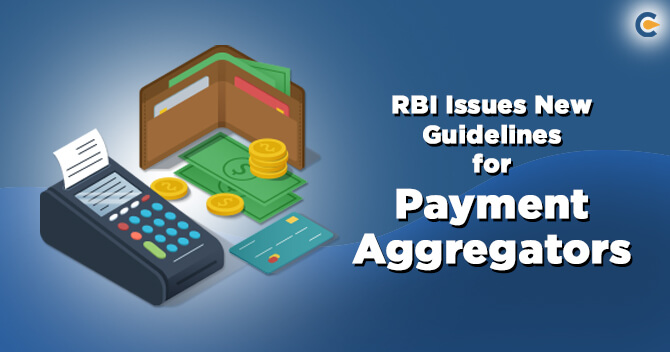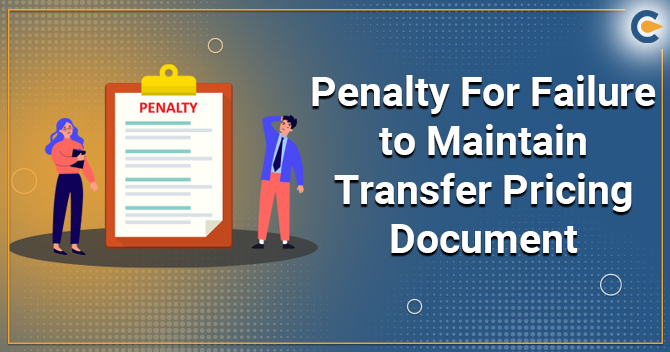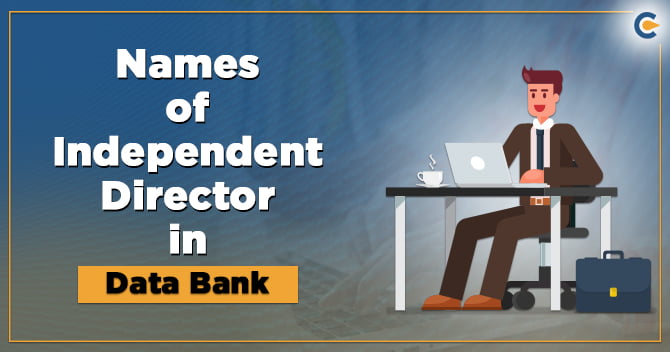The Reserve Bank of India (RBI) on March 17, 2020, introduced new guidelines on the regulation of Payment Aggregators and Gateways. This means that from now on payment gateways such as Paytm, Pay Pal, Mobikwik and aggregators like Razorpay, PayU etc. will be regulated by RBI to ensure the safety of all our online transactions.
In a notification issued on In, a Tuesday RBI said,
Applicability of New Guidelines
- The new set of guidelines issued by RBI shall be applicable to PAs and PGs.
- The Domestic leg of import and export related payments facilitated by PAs shall also adhere to these regulations.
- The new guidelines are not applicable to Cash on Delivery (CoD).
Guidelines Issued for Payment Aggregators and Payment Gateways
- The Reserve Bank of India (RBI) has brought down the capital requirements for payment aggregators at the time of application for the license from Rs100 crore to Rs 15 crore. As per RBI’s final regulation, an existing payment aggregator shall achieve a net worth of Rs 15 crore by March 31, 2021, and a net-worth of Rs 25 crore by the end of the third financial year, on or before March 31, 2023. Post the third financial year; these payment aggregators are required to maintain the net-worth mark of Rs 25 crore.
- RBI said Existing non-bank entities that are offering payment aggregation services should apply for authorization on or before June 30, 2021. Further RBI said, Payment Aggregators, shall be allowed to continue their operations till they receive communication from RBI regarding the fate of their application.
- RBI says the entities which want to undertake Payment Aggregation and Payment Gateway activity should be a company incorporated in India under the Companies Act, 1956/2013.
- According to the guidelines, E-commerce marketplaces providing PA services would be separated as an entity and would be identified as technology service providers or ‘outsourcing partners’ for banks or non-banks.
- RBI has asked the payment aggregators to adhere to the security guidelines and KYC and AML( Anti Money Laundering) rules. PAs are advised to gather adequate information and data security infrastructure and systems to prevent frauds.
- The guidelines issued by RBI have mandated that payment aggregators will have to conduct a background check of their merchants to confirm that they do not intend to sell any fake/prohibited products.
- As per the new RBI guidelines, PAs will have to submit a certificate in the prescribed format from their CA to evidence compliance with the applicable net-worth requirement while submitting the application for authorization.
- RBI has also asked PAs to set up designated nodal offices to deal with issues of customers.
- To enhance the security of ATMs, RBI has prohibited Payment Aggregators from allowing online transactions to be done with ATM pin as the second factor of authentication.
Take Away
The Reserve Bank of India[1]. finally after a long wait has issued new guidelines for payment aggregators and gateways and brought them under its regulatory supervision. Payment Gateways like Paytm, MobiKwik etc. will know to be directly regulated by the RBI. RBI’s decision of reducing capital requirements for payment aggregators at the time of application for the license has come as a major relief for the payments industry. Moreover, RBI has also issued guidelines to improve the security of credit cards/debit cards by prohibiting PAs from allowing online transactions with ATM pin.
rbi-notf










